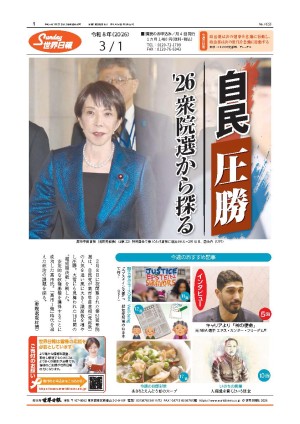イランの支援受ける民兵組織が連合形成 Iran-backed militias form coalition
イラクの有力イラン系民兵組織の指導者らが結束し、シーア派政治運動を形成しようとしている。5月の議会選でアバディ首相率いる現与党に取って代わることが目的だ。
ムジャヒディン連合と名付けられたこの新会派には、バドル機関、ハザリ・ネットワークとしても知られるアサーイブ・アフル・ハック、カタイブ・ヒズボラなどのシーア派主導の民兵組織が参加している。人民動員軍(PMF)の旗の下で「イスラム国」(IS)と戦った組織だ。
...【全文を読む】







